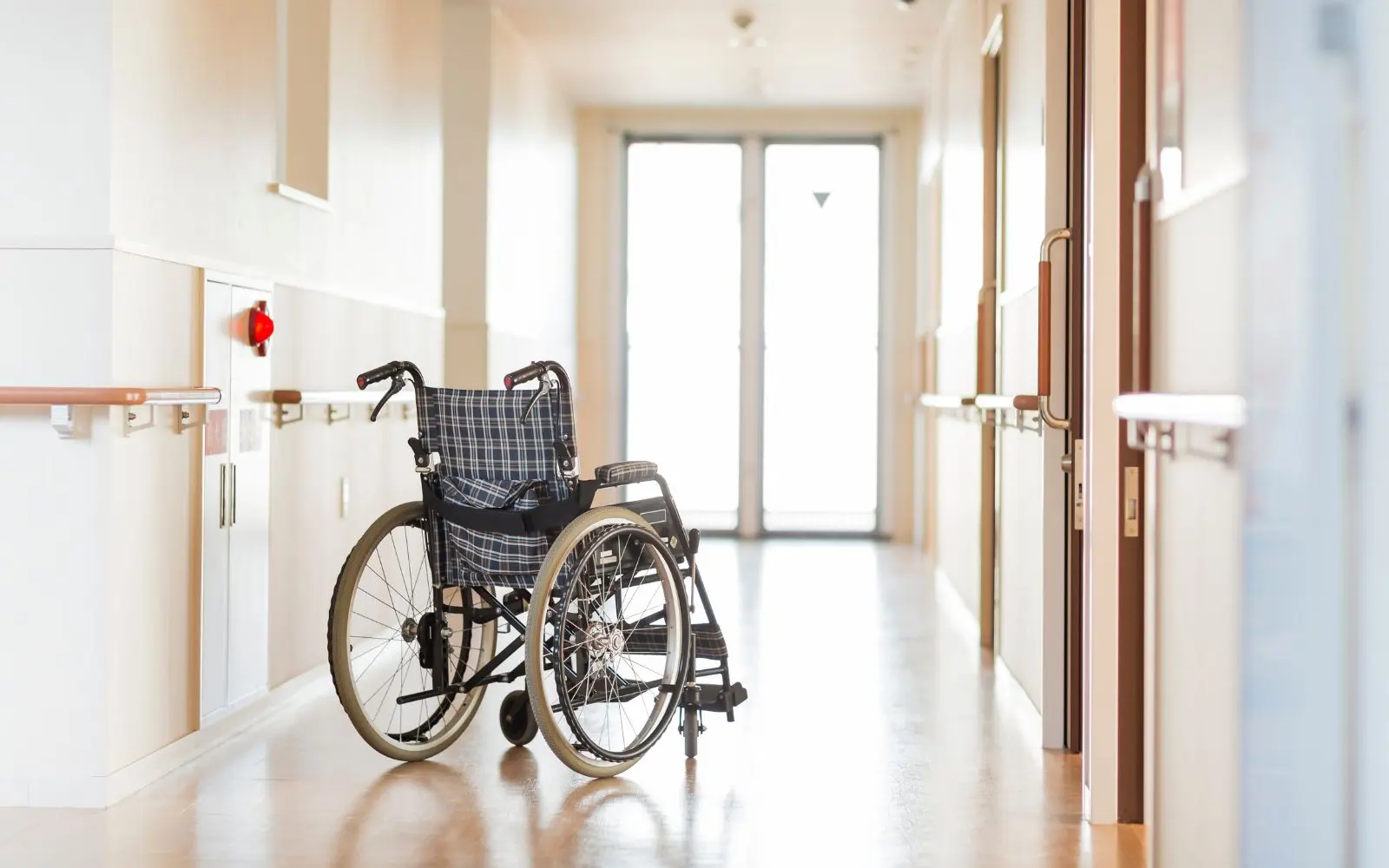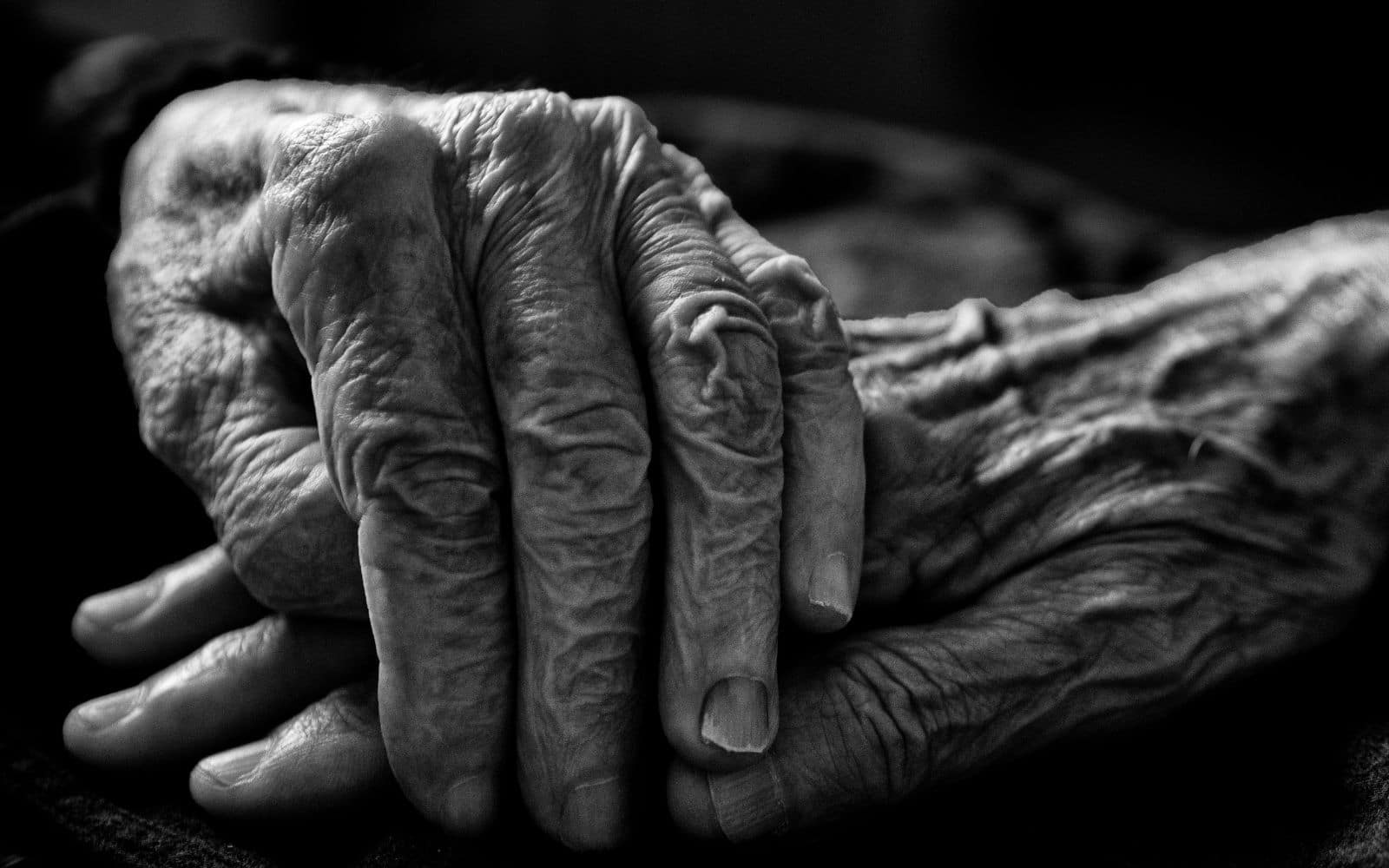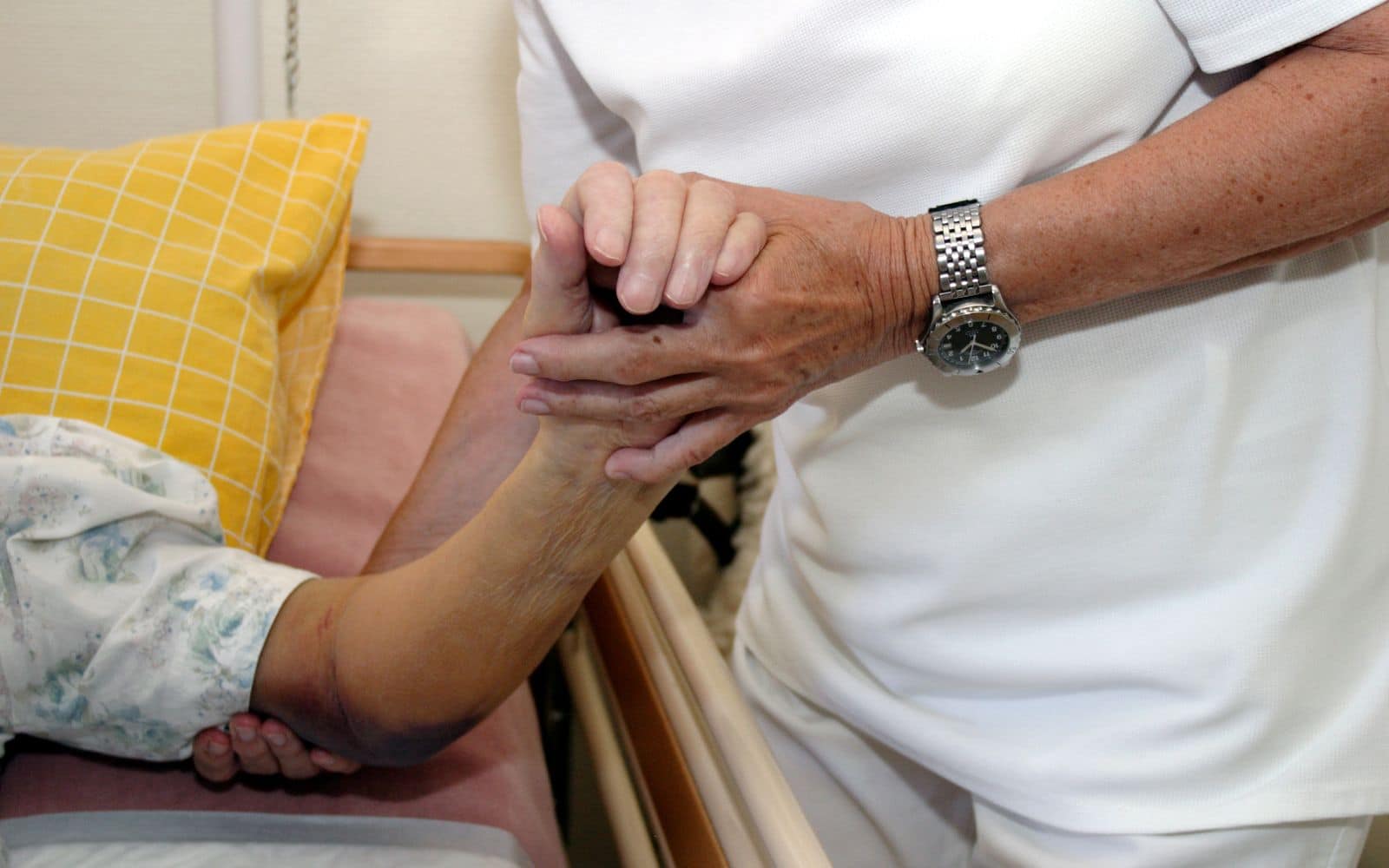Our Blog
ARTICLES
- All
- About Lanzone Morgan. LLP Videos
- Case Results
- Case Stories Videos
- Elder Abuse
- Elder Abuse Law Videos
- Elder Care Laws
- Elder Rights
- Elder Rights
- Facilities Videos
- Firm News
- Legal Resources
- Nursing Home Abuse
- Nursing Home Abuse & Neglect Videos
- Nursing Home Injuries Videos
- Nursing Home Neglect
Elizabeth Kim Named Top 40 Under 40 Trial Lawyers in California
October 16, 2025
The National Trial Lawyers proudly announces the re‐selection of Elizabeth Kim, California nursing home abuse attorney and a distinguished member of Lanzone Morgan, LLP, as ...
Read More
Elder Abuse Statistics & Facts
October 16, 2025
When we consider the legal battlefield, elder abuse statistics serve as critical ammunition. These numbers don’t just represent data points; they reveal patterns, highlight risks, ...
Read More
Lanzone Morgan, LLP Earns Top Verdic in California for Nursing Malpractice, Elder Abuse, Bedsores, and Elder Law
October 16, 2025
Lanzone Morgan, LLP is incredibly honored to announce that we’ve received the prestigious recognition of being the Number 1 Verdict in California for Nursing Malpractice, ...
Read More
Justice Secured for Late Air Force Veteran in Landmark Nursing Home Elder Neglect Trial
August 25, 2025
Long Beach, California – In a groundbreaking jury trial that marks a significant victory for the rights of nursing home residents, the Long Beach, California, ...
Read More
Factors that Impact Bedsore Settlement Amounts
July 17, 2025
Several factors influence how much a bedsore lawsuit is worth, from the severity of the wound to wrongful death claims. Generally, cases involving advanced-stage bedsores, ...
Read More
Can You Sue a Nursing Home for Bedsores?
July 8, 2025
Table of Contents: How to Prove a Bedsore Claim Who Can Be Held Liable for Bedsore Injuries? How Serious Are Pressure Ulcers? Compensation Available in ...
Read More
INFORMATIONAL VIDEOS
FREE CASE EVALUATION
We have extensive experience suing: Nursing Homes, Assisted Living Facilities, Memory Care Facilities, Adult Day Care Centers, and more.
GET YOUR FREE CASE EVALUATION
We offer free, convenient attorney consultations to discuss your potential case.






